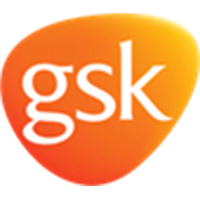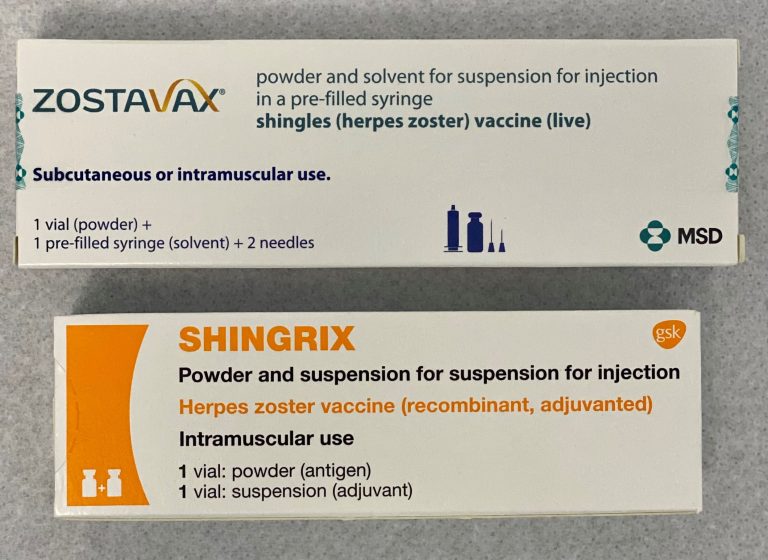GlaxoSmithKline plc (LON:GSK) announced the outcome of the Pulmonary Allergy Drugs Advisory Committee of the United States Food and Drug Administration meeting on the use of mepolizumab as an add-on treatment to inhaled corticosteroid-based maintenance treatment for the reduction of exacerbations in patients with chronic obstructive pulmonary disease (COPD) guided by blood eosinophil counts. The committee voted on the basis of data presented that the risk-benefit profile was not adequate to support approval (3 for, 16 against).
The committee also voted that there was not substantial evidence of the efficacy (3 for, 16 against) but there was adequate evidence of the safety (17 for, 2 against) of mepolizumab in this population and the committee suggested further data to characterise the patient population that would be most likely to benefit from this targeted biologic therapy.
Dave Allen, SVP Respiratory Therapy Area, R&D, GSK, said: “Having participated in today’s advisory committee meeting and heard the recommendation we will continue to work with the FDA to address outstanding questions. We remain confident our data supports mepolizumab as a targeted treatment for patients continuing to experience COPD exacerbations guided by blood eosinophil count.”
FDA Advisory Committees provide non-binding recommendations for consideration by the FDA. The Prescription Drug User Fee Act (PDUFA) goal date for mepolizumab is 7 September 2018.
Mepolizumab is not currently approved for use in COPD anywhere in the world and if approved it would be the first biologic therapy for patients with COPD.
Mepolizumab has been developed for the treatment of diseases that are driven by inflammation linked to higher-than-normal eosinophils. Mepolizumab has been approved, under the brand name Nucala, in the US, Europe and in over 20 other markets, as an add-on maintenance treatment for patients with severe eosinophilic asthma and is the leading biologic in this indication. In the US, Canada and Japan it is approved as add-on maintenance treatment for patients with eosinophilic granulomatosis with polyangiitis (EGPA).
This supplementary Biologics License Application (sBLA) was submitted to the FDA in November 2017 for approval as an add-on treatment to inhaled corticosteroid-based maintenance treatment for the reduction of exacerbations in patients with chronic obstructive pulmonary disease (COPD) guided by blood eosinophil counts.









































